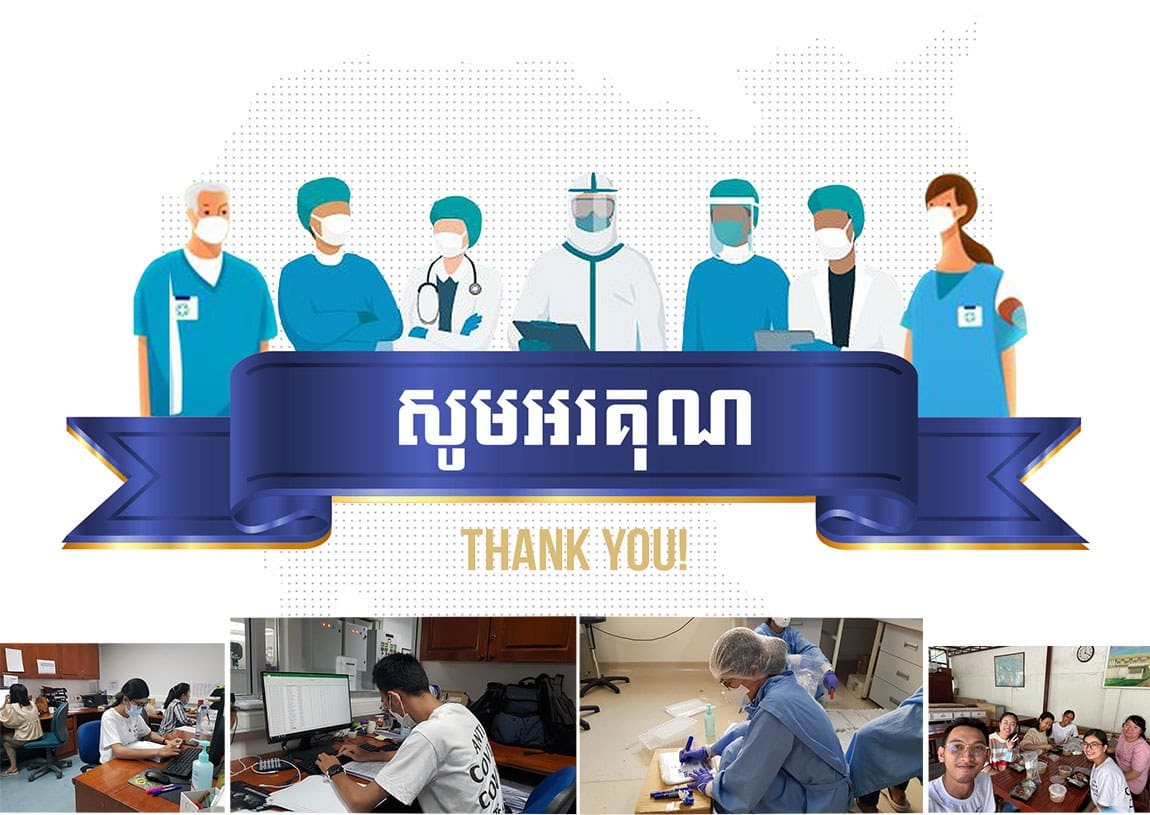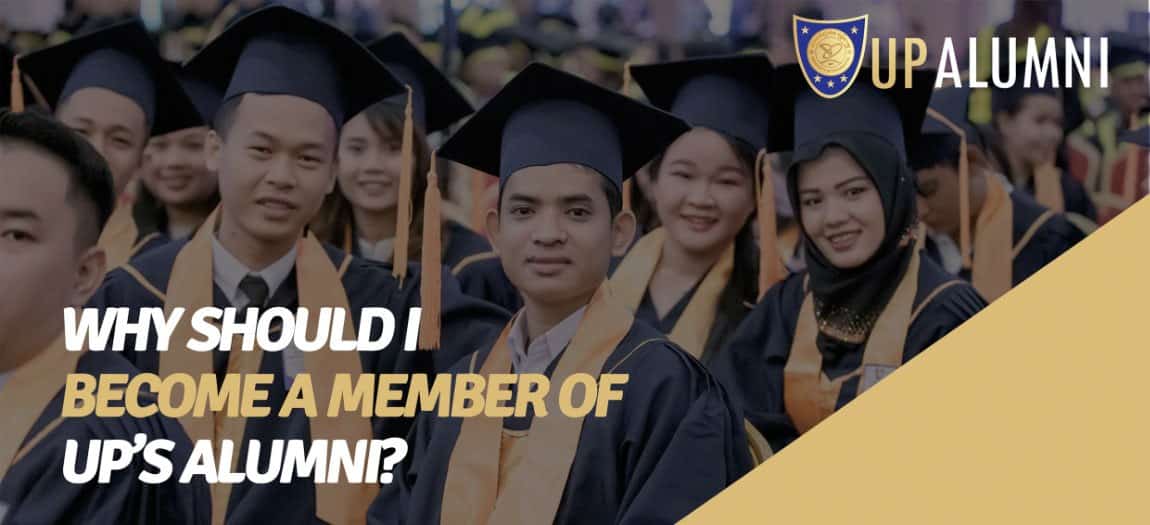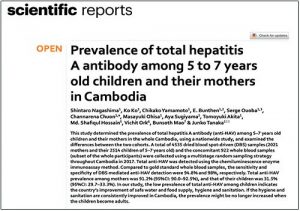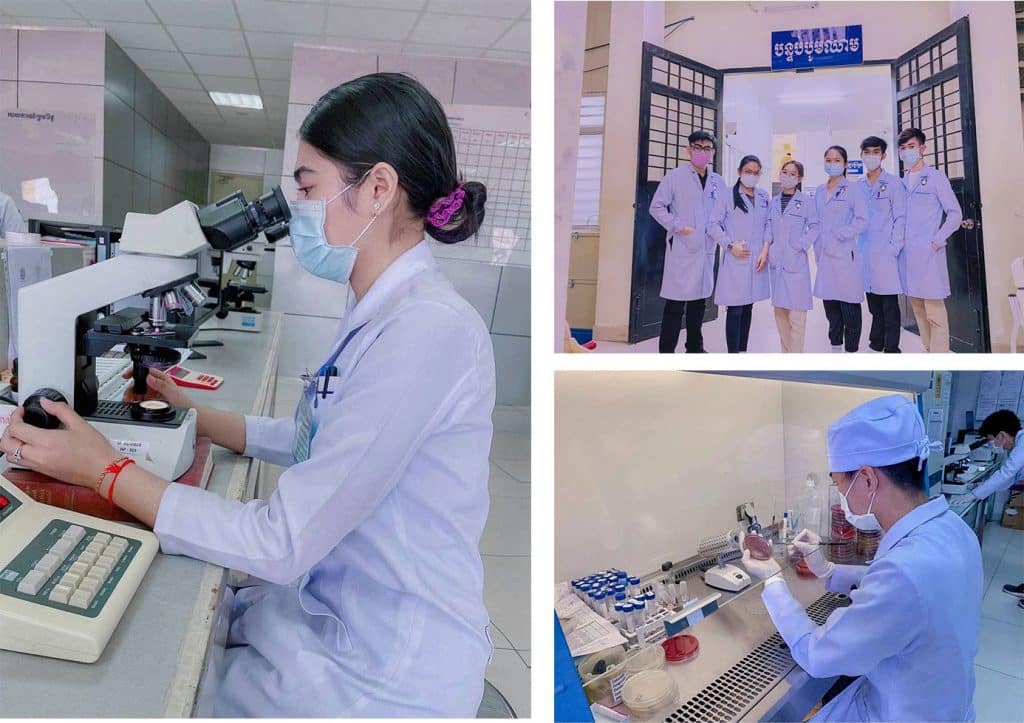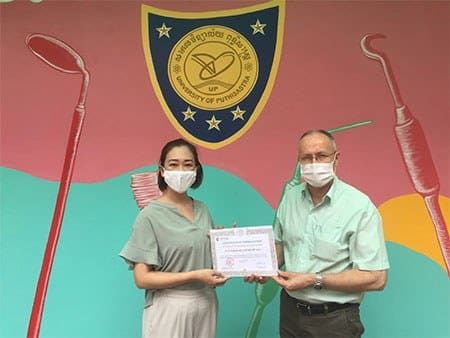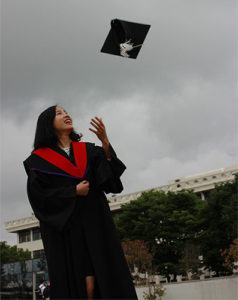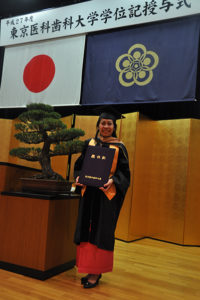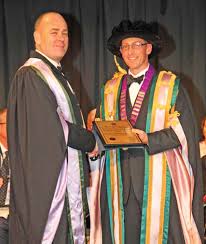Originally published in Technology Insights (March 2021)
https://student-engagement-apac.educationtechnologyinsights.com/cxoinsights/student-engagement-phoenix-from-the- ashes-of-a-covid-future-nid-1371.html”>

2020 (and much of 2021) has been the year that COVID ripped apart societies and industries, including education, across the globe with many facing financial ruin. In the US, the American Council on Education (ACE) suggests $61 Billion is needed to address OVID damage with UK universities facing a shortfall of at least $11 Billion USD.
Prestigious universities have not been spared. The University of Michigan anticipates a pandemic-induced loss of up to $1 billion, while Harvard University is projecting a $750 million revenue shortfall.
It is now clear that COVID-19 crisis has accelerated the end of universities’ golden age. Many universities, with their fixed old-fashioned views of learning and engagement, over-reliance on international students to prop up finances and general complacency, are facing an extremely challenging future–assuming they can even survive. Universities have a simple choice—those that adapt may survive, those that don’t, won’t. Adapt to the new future or die.
Einstein said “In the midst of crisis, lies great opportunity.” Crises can also be a watershed for growth and this crisis can be timely opportunity to connect to what students (our customers) repeatedly tell us they actually want and need-Student Engagement.
Maslow’s hierarchy of needs tells us that “belonging” is a fundamental need–even more important than prestige or accomplishment! Students (and the rest of us) want to feel valued, and that we belong. It has even been argued that we should forget university rankings, as a sense of belonging is the biggest factor in university choice and that the quality of personalized student learning and belonging will be key to future institutional success.
Can student engagement be the savior allowing universities to arise phoenix like from the ashes of a COVID future? We, at the University of Puthisastra (UP) a small private university in Cambodia, certainly think so.
“Universities have a simple choice—those that adapt may survive, those that don’t, won’t”
Other universities may support a variety of student engagement measures. UP, despite many, many challenges of providing high-quality education in one of the poorest countries in Asia ravaged by genocide, makes a major commitment to student-centered student engagement under 5 main themes:
1. Student communication
Genuine two-way dialog with students is key. How can we shape our joint future if we don’t communicate?
- Student Senate. Each year of each major elect representatives to the Student Senate who then elect Student Leaders. These Student Leaders meet regularly with university management and President to discuss issues, student suggestions and concerns.
- Direct Communication with President. Should students feel that other channels of communication may not be working or fear reprisal. Especially important in countries where dissent is discouraged.
- Welcoming Events – Big Launch, games festivals–UP hosts an annual “Big Launch” fun event, welcoming new and existing students to the new academic year. Includes games, cultural dancing, etc.
- Modern Mixed learning models — UP offers flexible learning models including synchronous and asynchronous delivery, problem-based and case based learning catering to a wide variety of learning styles including for theory (online, hybrid, flipped), hybrid for practical classes and experiential hospital based practice.
- Orientation week – an informal interactive welcome making that all important first impression a positive one.
2. Training
- Dedicated Learning and Teaching Department – focused on Student Outcomes. Leading annual reviews of both Curricula and Assessment of EVERY course across all faculties ensuring that content is relevant and modern, and assessment are appropriate.
- Teacher training for new technologies/skills (12 courses) – ensuring that teachers are up to date with contemporary and ragogical practices & technologies–challenging in a country where many teachers don’t even use email.
- Student training for new technologies/skills (13 courses) – ensuring that students can effectively engage with modern educational practices & technologies–challenging in a country where many students don’t have access to internet.
- Dedicated Learning facilitators (6) – provide group and individual learning support–providing ongoing group and 1-to-1 support to staff and students
- Customer Service training of all student-facing staff–ensuring the very best, welcoming and friendly customer service
- First Aid Training – free training for all staff and students
3. Student co and extra-curricular activities
- Student Clubs (Yoga, football, debate, chess, guitar, running, fitness)
- Student Program Clubs – dedicated clubs specific to each program e.g. Pharmacy Career Club so that students not only “belong” to university but belong to smaller “family” groups
- Student Missions – regular (monthly) trips providing aid, health checks to underprivileged groups. Promotes a sense of purpose, reinforces teamwork and giving back to community
4. Student Support
- Dedicated Student Support team – dedicated to improving student experience, organize student events, solve student problems, etc.
- Dedicated Student Mental Health Counsellor (free)
- PASS (Peer-assisted Student support), wider ranging than just PAL (Peer Assisted Learning) – scheduled drop-in support sessions run by senior students
- Learning Lounge – scheduled revision topics, run by senior students
- E-learning Centre – comfortable, learning area with free computers, laptops
- UPOP – University of Puthisastra Online Platform–built on Moodle–allowing 24/7 access to learning materials
- Technology Support – free, very fast, unlimited on campus Wifi
- Campus Facilities – coffee box, canteen, MiniMart, dental clinic, eye clinic, First Aid room
5. Student outcomes– career readiness focus
- English lessons– 4 years of free English tuition for international success. Challenging when many students don’t speak English
- Scaffolded curricula. Each year builds upon the previous year with common threads of critical thinking and soft skills, English. IT and research skills embedded within each course
- Career Corner – posting of jobs, CV & interview preparation support
- Annual Careers Conference – CV writing training, mock interviews
- Alumni Club – regular support network, connecting students and future employers
From the ashes of COVID, we can create a new future. But it will need commitment and strong, innovative leadership focused on delivering what students demand–not the outdated, traditional models of university life.
Seize the opportunity, create our new future today.

